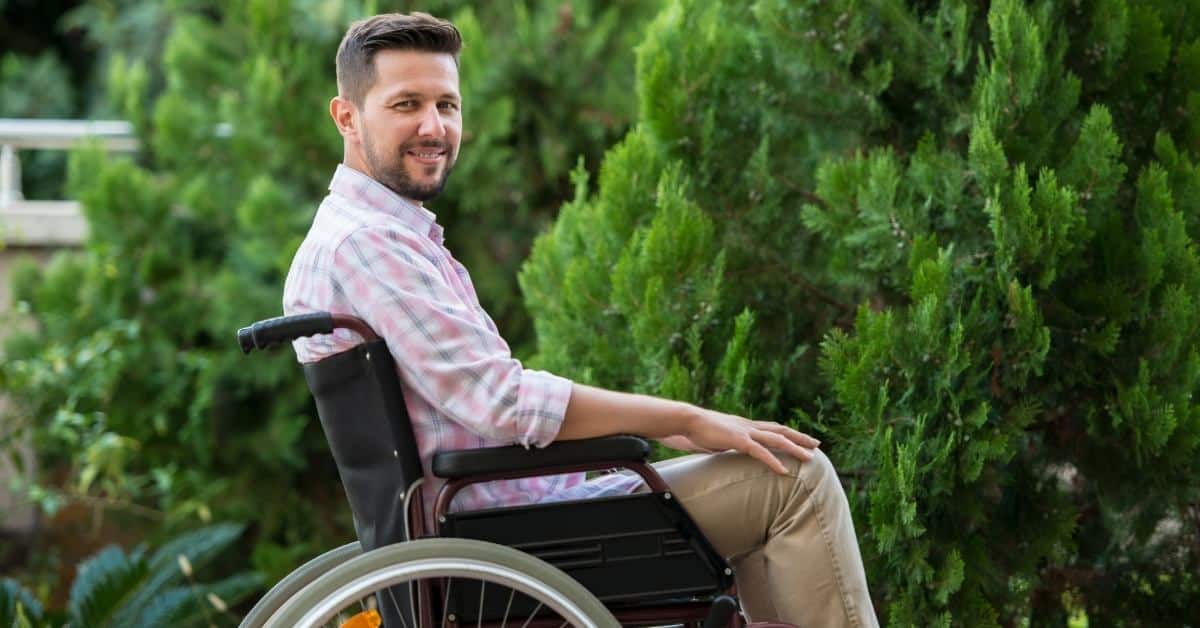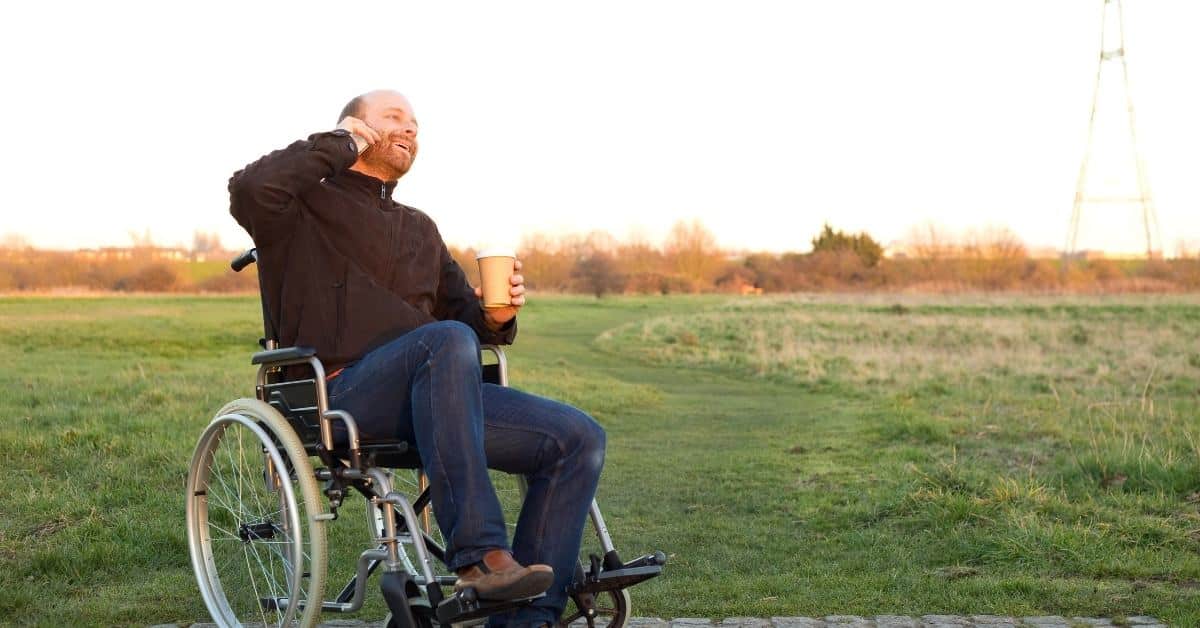What are the NDIS eligibility and criteria?
Being eligible is the single-most important thing that helps you receive NDIS funding. In order to enter NDIS and get a plan, you need to complete an access request. In order to complete it you will need to fill out some forms, provide background information and evidence about your disability, so NDIS can decide if you’re eligible or not. Eligibility is, in most cases, based on age, residency status, and the situation of your impairment or condition and the impact it has on your day-to-day life and your independence.

Find out more...
Fill in the form below and one of our consultants will be in touch with you regarding our services.
NDIS Early Intervention Criteria
NDIS early intervention aims to solve any disabilities or impairments that might get worse over time or to alleviate and reduce the impact of disabilities or impairments by providing capacity building activities or providing support funding. Early intervention support is also intended to help a person by reducing the risk of future support needs.
In order to meet the early intervention requirements a person needs to have one or more identified intellectual, cognitive, neurological, sensory or physical disabilities that are, or are likely to be, permanent. Or if it’s a child with developmental delay then he/she will also receive early intervention support.
The NDIS is satisfied if the support is going to benefit the person by improving their functional capacity or if it prevents the deterioration of said capacity.
If the participant no longer meets the early intervention requirements, the NDIA will decide whether the participant is going to receive NDIS funding from their disability.
NDIS Hearing Loss Criteria
According to the NDIS’ website, the NDIA is satisfied if the person participating has confirmed results from a specialist audiological assessment (including electrophysiological testing when required) consistent with auditory neuropathy or hearing loss ≥ 25 decibels in either ear at 2 or more adjacent frequencies, which is likely to be permanent or long term and the hearing loss of the person necessitates the use of personal amplification. The person also needs to be under 26 years of age in order to get this support. People over 26 years old can still get support from the NDIS but their hearing loss needs to be substantially reduced.

NDIS Intellectual Disability Criteria
There are many condition which are likely to meet the requirements of the NDIA; these conditions are:
- Autism. It needs to be diagnosed by a professional and the severity needs to be level 2 or level 3
- Cerebral Palsy
- Genetic Conditions that result in severe intellectual and physical impairments
- Spinal Cord Injury or Brain Injury resulting in loss of strength or cognitive functions
- Permanent Blindness in both eyes diagnosed by an opthamologist
- Permanent Bilateral Hearing Loss >90 decibels in the better ear
- Amputation or the loss of 2 or more limbs

NDIS Reasonable and Necessary Criteria
NDIS provides funding for a lot of supports and items; these supports may include education, transportation, employment, social activities, independence, health and wellbeing. But in order to get any of these supports, they need to be reasonable and necessary for you. The NDIA considers a support reasonable and necessary when the situations are as follows:
- It is related to the participants’ disability.
- It represents the value for money
- It is likely to be effective for the participant
Apart from these points, support needs to help the participant pursue their dreams, objectives and goals. The support also needs to help the individual become more independent and develop their capacity to actively take part in the community.
NDIS Eligibility Fibromyalgia
Fibromyalgia is a disability that affects the mood; the person wakes up feeling exhausted, and feels immense pain when particular pressure points in the body are pressed. Apparently a person with fibromyalgia may look fine; but fatigue, headaches and the inability to predict when your flame-ups are going to happen may be overwhelming for some people. In most cases if it’s not treated properly, it can lead to depression. Without support and diagnosis, fibromyalgia can make life unmanageable.
Fibromyalgia doesn’t make the person instantly eligible for the NDIS. To qualify for the NDIS, you need to be living with a permanent and a severe disability which has been diagnosed by an expert medical doctor. However as fibromyalgia coexists with a wide range of other severe mental and physical disabilities, it’s quite possible that you will be able to get NDIS funding.

NDIS Psychosocial Disability Eligibility
Psychosocial disability is the term used for people with certain disabilities caused from a mental health issue. Not everyone who has a mental health condition has a psychosocial disability, but for people who do have, it can be severe and permanent. If a medical expert has diagnosed you with psychosocial disability, then you are probably eligible for the NDIS. If that’s the case, you should fill out the form for psychosocial disability on the NDIS website.
NDIS Eligibility and Contact
You can reach NDIS by calling 1800 800 110, or you can go to their website by clicking on this link www.ndis.gov.au. NDIS eligibility can sometimes be confusing, so it’s always best to ask professionals about it.
To learn more about the NDIS or if you have any questions you can always contact us. As the team of ADACSS, we are here to help anyone that might need help in Sydney. Get in touch with us by calling us at 0292327055, send us an email or book online.

Free consultation
We will meet with you to offer free advice and support without obligation. We pride ourselves on turning things around quickly.

Individual support package
Everyone's needs and wants are different, therefore we listen to you and make a tailored plan based on your requirements.

Ongoing support
Once everything has been agreed and services commence, we will discuss and feedback on changes if needed.


